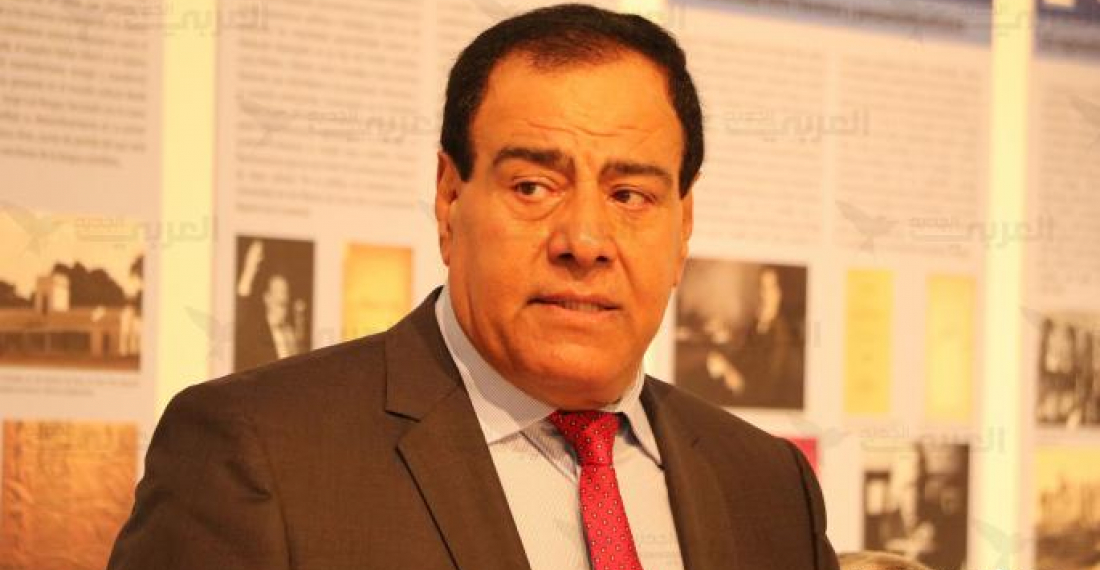The dignified struggle of a Palestinian doctor from Gaza for justice has inspired many but has not found recourse in the Israeli legal system. Izzeldin Abuelaish was seeking an apology and compensation from the Israeli government after his family members were killed by a tank strike in Gaza in 2009. Abuelaish appeal in Israel’s Supreme Court was rejected on Wednesday (24 November).
The Israeli government statements shifted over the course of time since the accident. In its decision, the Supreme Court upheld a 2018 ruling by the lower court which states that the military is not liable for wartime actions. It is believed that the tank fire at the doctor’s house was carried out by mistake as the armed unit thought Abuelaish’s daughters were lookouts aiding terrorist units.
“Our hearts go out to the appellant,” the court stated. However, it added that there was “no answer and remedy within the scope of the proceedings before us.”
The ruling by the court was a heavy blow after a 13-year quest by Abuelaish to what he says was a mistake by the Israeli military. The Harvard-educated doctor is well-known internationally for his quest for justice through peace and coexistence. He has spoken around the world about the cost of hate and war and tried to preserve the memories of his daughters with peace and education initiatives.
Abuelaish expected the court ruling but nonetheless called it “disappointing, frustrating.” He calls upon Israel to show moral and humanitarian courage.






